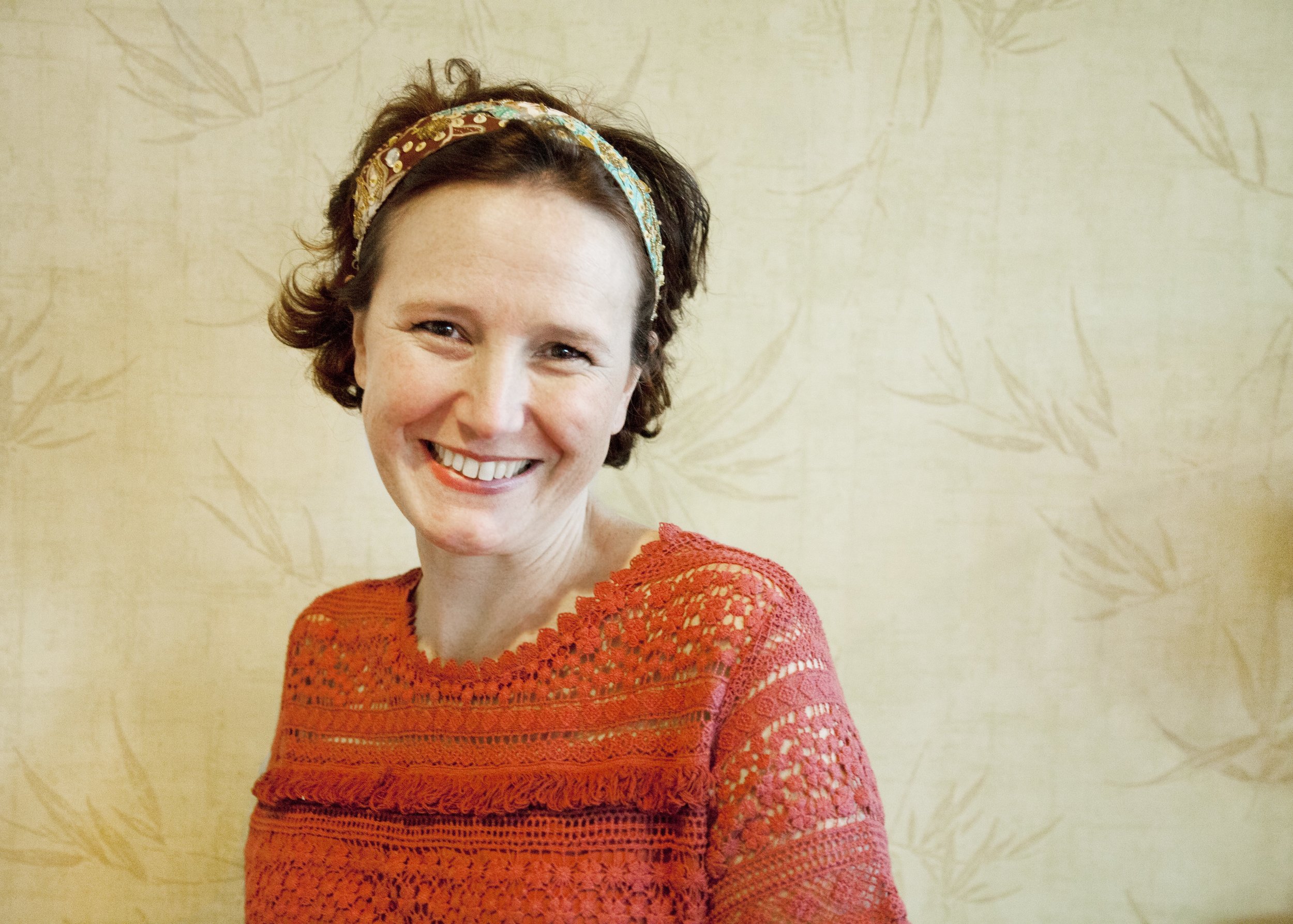“Nothing so concentrates experience and clarifies the central conditions of living as serious illness,” wrote Harvard psychiatrist Arthur Kleinman, and nowhere is that idea more evident than in a new memoir entitled The Bright Hour: A Memoir of Living and Dying (Simon & Schuster, 2017) by Nina Riggs.
We know from the offset the bare bones of this story: The serious illness is breast cancer; the author, a poet, blogger and great-great-great granddaughter of Ralph Waldo Emerson, is a young wife and mother of two sons; the book has four parts—Stage 1, Stage 2, Stage 3, and Stage 4. We brace for the worst, knowing the ending before we even begin, in much the same way we did when starting Dr. Paul Kalanithi’s transcendent When Breath Becomes Air.
Yet this book has a compelling voice that holds us buoyed, even entertained, in its progress to its inevitable conclusion, due to Nina Riggs’s willingness to bring us in close as she “clarifies” the heightened conditions of living with terminal illness. We are right there in the living room as she snuggles with her sons, Benny and Freddy, or on Level 00 for her radiation treatment, listening to a med student playing “Wind Beneath My Wings” on a grand piano in the foyer. We read along with her as she answers her friend Ginny, diagnosed metastatic 8 months after Riggs, who breaks the news in a text referencing their mutual Thelma-and-Louise getaway fantasy: “Lung and bones. Guess our road trip down nipple highway just hit a dead end.”
From the very first lines of the book, Riggs makes it clear she has no time for expository dillydallying—she’s ready to confront the hard truths:
“Dying isn’t the end of the world,” my mother liked to joke after she was diagnosed as terminal.
I never really understood what she meant, until the day I suddenly did—a few months after she died—when, at age thirty-eight, the breast cancer I’d been in treatment for became metastatic and incurable. There are so many things that are worse than death: old grudges, a lack of self-awareness, severe constipation, no sense of humor, the grimace on your husband’s face as he empties your surgical drain in the measuring cup.
Nina Riggs. Photo by Toni Tronu
It’s that honest voice, that telling assessment of the truth, that calms us as we read this memoir about mortality. We relax into knowing and hearing the worst prognosis—Riggs is a steady soul and a deft writer who is unafraid of reflection and strong emotion. She is a lover and avid reader of Montaigne, often quoting him while reckoning herself to her fate. A favorite line: “Did you think you would never reach the point toward which you were constantly heading?” That quote is repeated in the book; it’s one that will be hard to forget.
Any memoir about cancer brings to mind Audre Lorde’s Cancer Journals (1980), a seminal work that probed deeply into the personal and political issues for women surrounding breast cancer. Lorde’s writing was a wake-up call, a bucket of ice water thrown in the face, giving the world as much clarity as it could take in that era from the self-described “black, lesbian, mother, warrior, poet.” Nina Riggs, who died when The Bright Hour was in production, has given us another kind of bracing narrative, one that makes us alert to what surrounds us and gives us solace when, as the book’s epigraph from Emerson states, we most need “to cease for a bright hour to be a prisoner of this sickly body and to become as large as the World.”—Donna Bulseco
DONNA BULSECO, M.A., M.S., is a graduate of the Narrative Medicine program at Columbia University. After getting her B.A. at UCLA in creative writing and American poetry, the L.A. native studied English literature at Brown University for a Master's degree, then moved to New York City. She has been an editor and journalist for the past 25 years at publications such as the Wall Street Journal, Women's Wear Daily, W, Self, and InStyle, and has written articles for Health, More, The Purist and The New York Times. She is Managing Editor of Intima: A Journal of Narrative Medicine.


